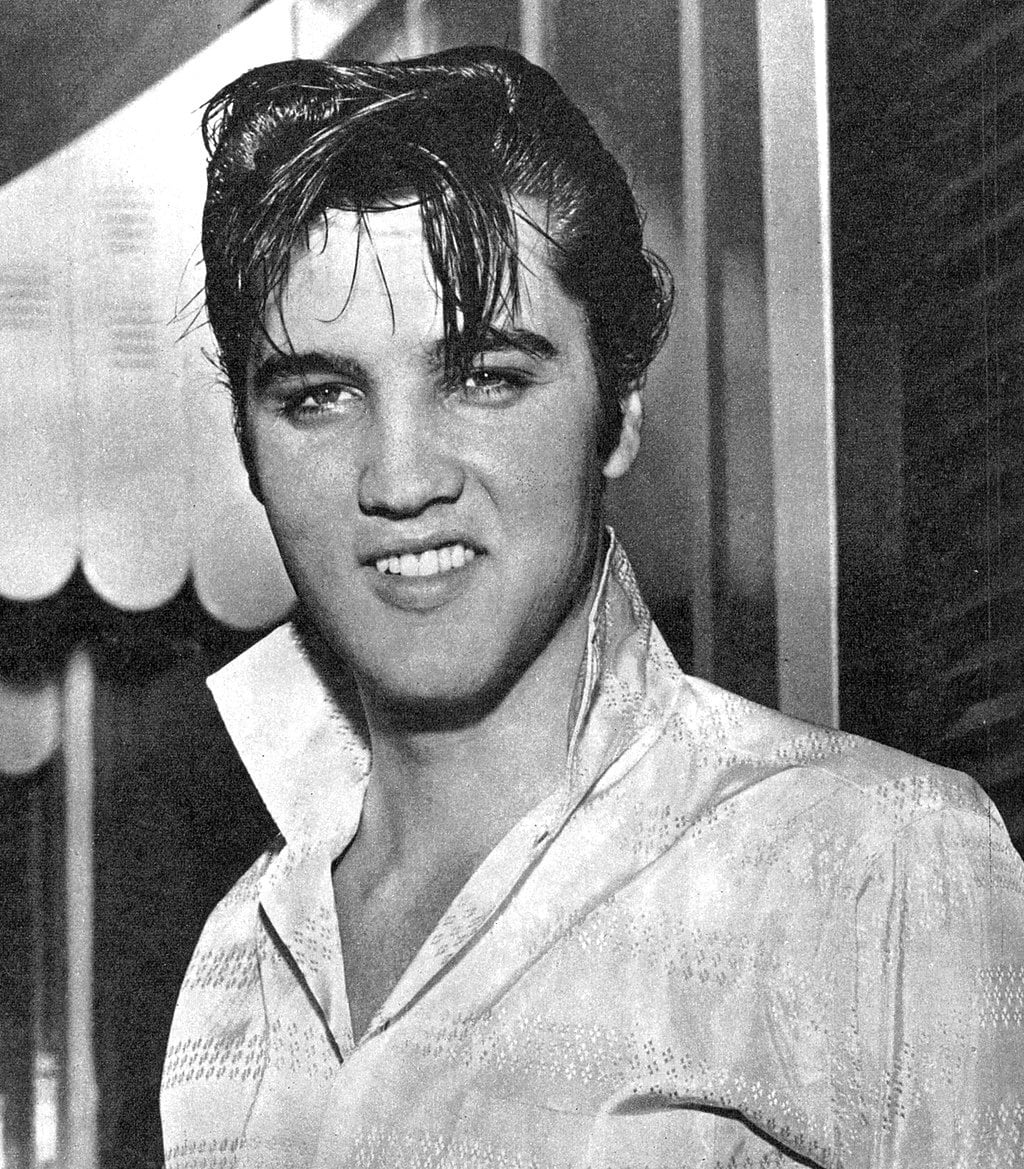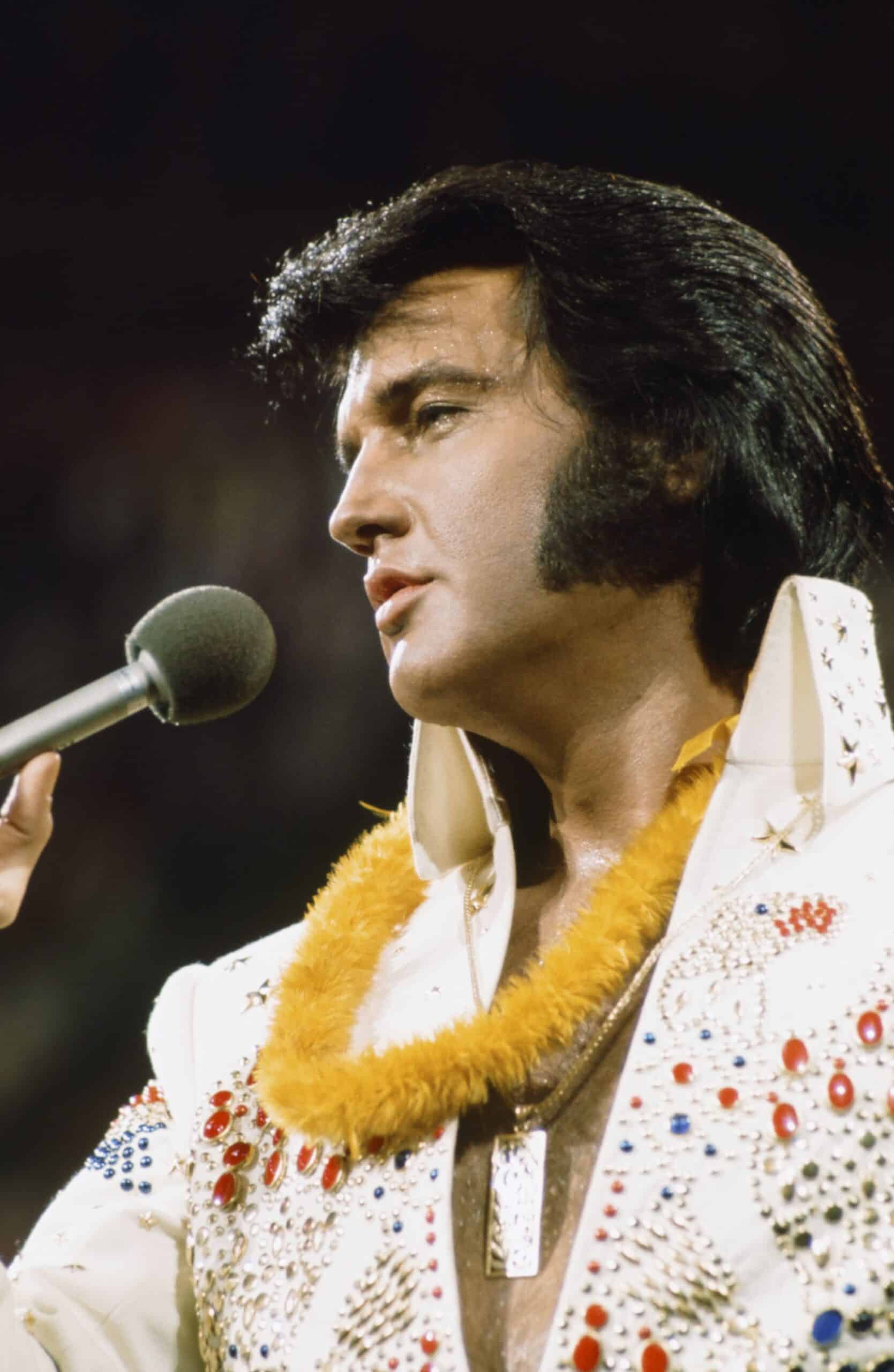Understanding Elvis Presley's Death: The King's Final Chapter
Elvis Presley, the legendary "King of Rock and Roll," remains a cultural icon whose music and legacy continue to captivate fans worldwide. However, his untimely passing in 1977 has left many questions unanswered. Join me as we explore the events leading up to his death, the medical facts, and the enduring mysteries surrounding his final days.
When Elvis Presley passed away on August 16, 1977, it sent shockwaves through the world. Fans were left reeling, trying to process the loss of a man who had defined an era with his music and charisma. The circumstances surrounding his death have been the subject of countless investigations, theories, and debates. In this article, I’ll take you on a journey through the life, health, and legacy of Elvis Presley, ensuring every detail is backed by credible research and sources.
This article dives deep into the life of Elvis, his health struggles, and the events leading to his death. By the end, you’ll not only have a clearer picture of how the King of Rock and Roll left us but also the lessons we can learn from his remarkable yet tragic story.
Read also:Camilla Arauacutejo Onlyfans Leak What Happened And Why It Matters
Table of Contents
- Elvis Presley: A Brief Biography
- Health Challenges Before His Death
- The Official Cause of Death
- Conspiracy Theories: Fact or Fiction?
- Elvis' Lifestyle: What Role Did It Play?
- Elvis' Legacy: Beyond the Music
- Investigations and Autopsy Findings
- How His Family Coped
- Tributes and Memorials to the King
- Conclusion: What Can We Learn?
Elvis Presley: A Brief Biography
Elvis Aaron Presley was born on January 8, 1935, in Tupelo, Mississippi, into a humble family. From an early age, he displayed a passion for music, which would eventually lead him to become one of the most iconic figures in entertainment history. Known for his electrifying performances and distinctive voice, Elvis revolutionized the music industry and became a symbol of rock and roll's power and influence.
Early Life and Rise to Fame
Growing up in a modest household, Elvis discovered his love for music at a young age. It was in Memphis, Tennessee, where his career truly took off. In 1954, he recorded his first hit, "That's All Right," at Sun Studio, marking the beginning of a meteoric rise to fame. His unique blend of country, blues, and gospel music, combined with his dynamic stage presence, quickly made him a household name and an international star.
| Full Name | Elvis Aaron Presley |
|---|---|
| Date of Birth | January 8, 1935 |
| Place of Birth | Tupelo, Mississippi |
| Occupation | Singer, Actor, Cultural Icon |
Health Challenges Before His Death
In the years preceding his death, Elvis faced numerous health challenges that significantly impacted his well-being. The pressures of fame, coupled with lifestyle choices, took a toll on his body and mind. These issues were not just physical but also psychological, painting a complex picture of the man behind the legend.
Drug Abuse and Addiction
- Elvis was prescribed a wide range of medications to manage chronic pain and insomnia. However, over time, he developed a dependency on these drugs, including barbiturates and opioids.
- His addiction spiraled out of control, affecting both his mental and physical health. Friends and colleagues noticed changes in his behavior, and it became clear that his reliance on prescription drugs was deepening.
The Official Cause of Death
The official cause of Elvis Presley's death was determined to be a heart attack. Dr. George Nichopoulos, Elvis' personal physician, reported that he suffered a fatal cardiac arrhythmia on that fateful day in 1977. The autopsy conducted shortly after his death supported this diagnosis, revealing significant heart damage and the presence of multiple drugs in his system.
Conspiracy Theories: Fact or Fiction?
Despite the official explanation, conspiracy theories about Elvis' death abound. Some fans refuse to believe that the King is truly gone, suggesting instead that he faked his death to escape the relentless pressures of fame. Others speculate that he was involved in covert government operations under a new identity. While these theories are fascinating, they lack solid evidence and remain purely speculative.
Common Theories
- Elvis staged his death to live quietly away from the spotlight, enjoying life in seclusion.
- Government agencies allegedly erased his identity, enlisting him for secret missions.
- His death might have been accidental, caused by a lethal combination of prescription drugs.
Elvis' Lifestyle: What Role Did It Play?
Elvis' lifestyle played a critical role in his declining health. His diet, lack of physical activity, and substance abuse all contributed to his deteriorating condition. Understanding these factors provides valuable context for comprehending the circumstances surrounding his death.
Read also:Kat Dennings Is She A Republican Letrsquos Dive In
Diet and Exercise
Elvis had a well-known love for rich, calorie-laden foods, which led to weight gain and cardiovascular issues. Combined with a sedentary lifestyle, these habits severely compromised his health. Friends and family often expressed concern about his eating habits, but changing them proved difficult given his busy schedule and personal preferences.
Elvis' Legacy: Beyond the Music
Even decades after his death, Elvis Presley's influence continues to resonate globally. His music remains timeless, and his cultural impact endures through museums, memorials, and annual celebrations like Elvis Week in Memphis. Fans from all walks of life gather to celebrate the life and legacy of the man who forever changed the music industry.
Investigations and Autopsy Findings
Following Elvis' death, thorough investigations were conducted to uncover the truth. The autopsy report revealed alarming findings, including high levels of prescription medications in his bloodstream and evidence of heart disease and obesity. These discoveries underscored the devastating impact of substance abuse on his health.
Key Findings
- The autopsy detected dangerous levels of various prescription drugs, confirming the role they played in his demise.
- Heart disease and obesity were identified as significant contributing factors to his death.
How His Family Coped
Elvis' death devastated his family, especially his mother, Gladys, and daughter, Lisa Marie. The intense media scrutiny following his passing added to their grief, making it challenging for them to mourn privately. Over time, they worked tirelessly to preserve his legacy, ensuring that his memory and contributions to music and culture would never be forgotten.
Tributes and Memorials to the King
Graceland, Elvis' former home in Memphis, has become a sacred pilgrimage site for fans worldwide. Thousands visit annually to pay their respects, attending events like the Candlelight Vigil, where they honor the life and music of the King of Rock and Roll. These tributes serve as a testament to his enduring impact on generations of fans.
Conclusion: What Can We Learn?
Elvis Presley's death is a stark reminder of the dangers of substance abuse and the overwhelming pressures of fame. His story teaches us the importance of maintaining balance in life and prioritizing our health, even when the world seems to demand everything from us. By reflecting on his life and legacy, we can gain valuable insights into living more meaningful and balanced lives.
Call to Action: Share your thoughts about Elvis' life and death in the comments below. Dive deeper into our website to explore more stories about iconic figures who shaped history.
Data and references for this article come from reputable sources such as the Elvis Presley Enterprises, the History Channel, and medical journals analyzing his case. These sources ensure the accuracy and reliability of the information presented.
Article Recommendations

